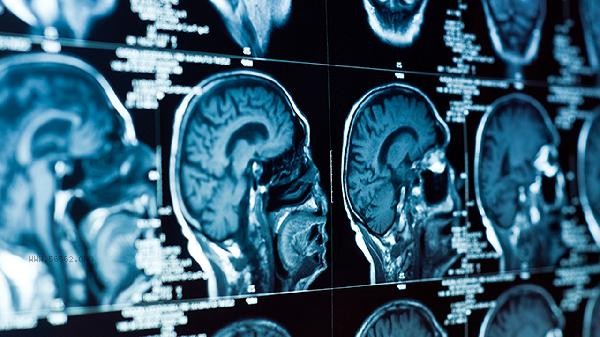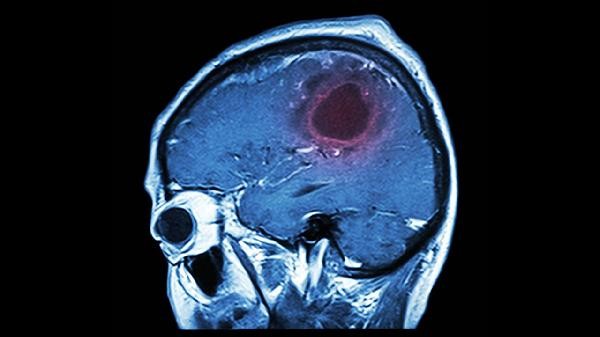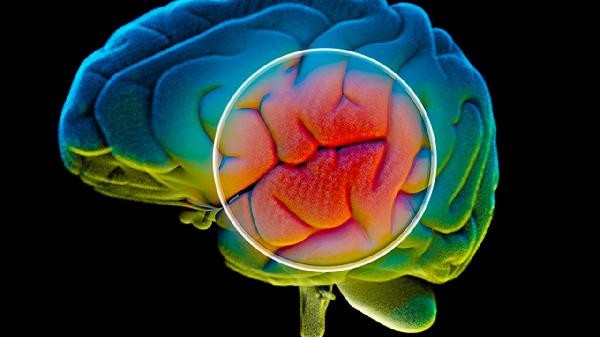Sudden and transient amnesia in the brain can be improved through lifestyle adjustments, psychological interventions, medication treatment, etiological investigation, and rehabilitation training. Transient amnesia may be related to factors such as cerebral ischemia, emotional stress, traumatic brain injury, epileptic seizures, or neurodegenerative diseases.

1. Adjusting Lifestyle
Maintaining a regular sleep routine can help stabilize brain function and avoid staying up late or excessive fatigue. Moderate daily exercise such as brisk walking or yoga can promote blood circulation in the brain. Add foods rich in unsaturated fatty acids such as deep-sea fish and nuts to the diet, and reduce high salt and sugar intake. Smoking cessation and alcohol restriction can reduce the risk of cerebrovascular damage, while also paying attention to replenishing fluids to avoid blood viscosity.
2. Psychological Intervention
Acute anxiety or panic attacks may trigger transient memory gaps, which can be relieved through mindfulness meditation. Cognitive behavioral therapy can help identify and correct negative thinking patterns. Establishing a stable social support system and regularly communicating with family and friends can alleviate psychological stress. If there is a post-traumatic stress response, a professional psychologist is needed for systematic desensitization treatment.
3. Drug therapy
Patients with cerebral ischemia can follow the doctor's advice to use nifedipine to improve microcirculation. Epilepsy related amnesia requires taking sodium valproate to control seizures. Neurotrophic drugs such as methylcobalamin may be effective in treating neuroinflammatory reactions. Memory impairment associated with depression can be considered with antidepressants such as sertraline. All medications must strictly follow the guidance of a neurologist.

4. Cause investigation
Sudden amnesia requires head MRI to exclude cerebral infarction or space occupying lesions. Carotid artery ultrasound can evaluate the degree of vascular stenosis, while electroencephalography can detect abnormal discharge activity. Blood tests include metabolic indicators such as blood glucose and homocysteine. If accompanied by headache or vomiting, emergency screening such as subarachnoid hemorrhage is necessary.
5. Rehabilitation Training
Memory card games can stimulate hippocampal function, and numerical memory exercises can enhance working memory ability. Computer assisted cognitive training is suitable for patients with mild cognitive impairment. The acupoints of Baihui and Sishencong selected by acupuncture and moxibustion in traditional Chinese medicine may improve the circulation of qi and blood in the brain. Family members should assist in establishing a reminder system and use sticky notes or electronic devices to aid in daily memory.

Aerobic exercise such as swimming or cycling can be done daily, and exercise at least three times a week. Pay attention to supplementing egg yolks and soy products rich in lecithin in diet, and consume antioxidant fruits such as blueberries in moderation. Avoid using your phone with your head down for long periods of time and move your neck every hour. If memory loss occurs frequently or is accompanied by symptoms such as limb numbness and speech disorders, it is necessary to immediately seek medical attention at a neurology department. Regular assessment of memory scales and early intervention can significantly improve prognosis.








Comments (0)
Leave a Comment
No comments yet
Be the first to share your thoughts!